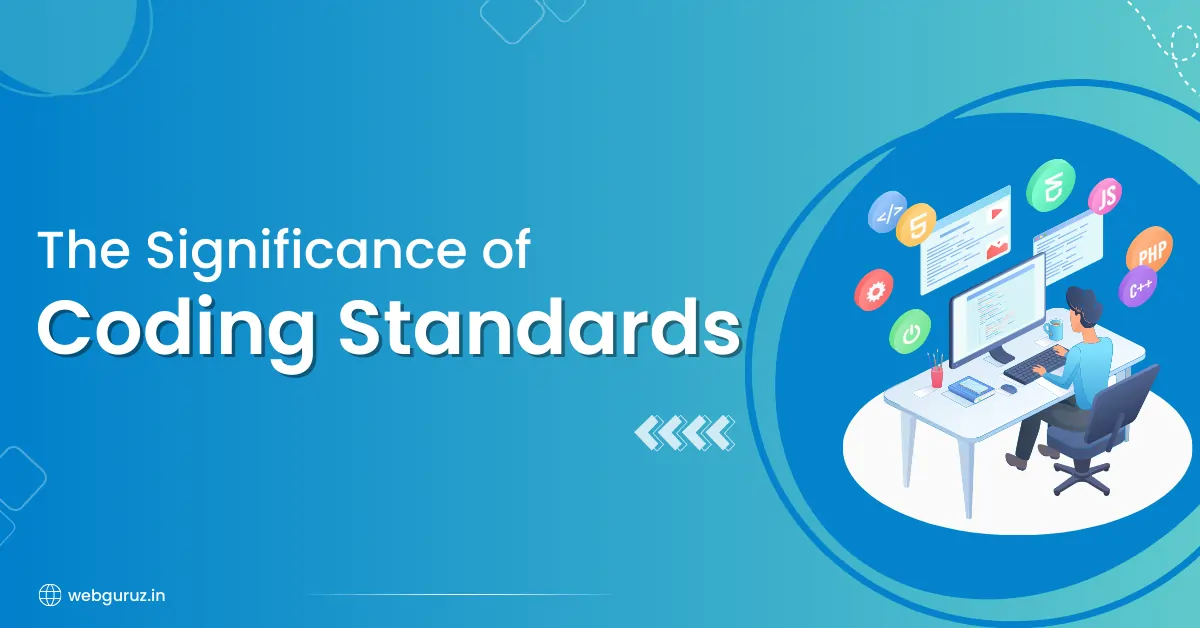The Flowing Philosophy of Coding Standards: Far Greater than Formatting
25 Sep 2024
When most people think of coding standards, the conversation often revolves around trivial matters: how many spaces to indent, where to place curly braces, or whether to use tabs or spaces. While these small details do play a role in making code more readable, they miss the larger picture of why coding standards are so crucial. In my experience, coding standards can be one of the most transformative practices in software development, and I believe that, if implemented well, they can significantly improve both the quality of the codebase and the learning process of a programming language.
Beyond Formatting: Why Coding Standards Matter
The essence of coding standards is consistency. Code is not only written for machines to execute but also for humans to read and maintain. Consistent practices make it easier for developers, whether they are new to the project or veterans, to understand, extend, or debug the code. Having everyone on the same page about how to write code reduces mental overhead, meaning developers can focus more on solving problems than deciphering another person’s coding style. I find that function headers are particularly useful in this practice, giving information in both its paramaters and its utility as a function to avoid all confusion.
But coding standards go beyond surface-level consistency. Many coding standards enforce practices that encourage developers to write better code overall. For example, standards might enforce proper naming conventions for variables, functions, and classes, making the code more self-explanatory. Standards can also discourage practices that are prone to bugs, like using too many global variables, or encourage the use of features that enhance performance or security. These are not mere trivial words being typed out—they’re critical decisions that can make the difference between clean, maintainable code and a tangled mess.
My Experience with ESLint and VSCode
After using ESLint with VSCode for a week, I’ve noticed its particularly more strict compared to VScode’s native real-time error catching. However, this is to its advantage and certianly to its purpose. Many of the errors were not trivial at all. ESLint forced me to think more deeply about my code. For example, it flagged areas where my variable names were too general or pointing out my bad habit of indenting too far into a funtions code block. Fixing these errors helped me write more thoughtful, robust code. In that sense, the experience became less about checking boxes and more about genuinely improving my understanding of TypeScript and programming in general.
The Balance Between Flexibility and Standards
While I’m a strong advocate for coding standards, I also believe they should strike a balance between rigidity and flexibility. Coding standards should not stifle creativity or force developers into unnecessary complexity. Instead, they should guide developers toward writing cleaner, more efficient, and maintainable code. Its just like what one of my favorite philosophers Laozi said, “I have just three things to teach: simplicity, patience, compassion. These three are your greatest treasures. Simple in actions and in thoughts, you return to the source of being. Patient with both friends and enemies, you accord with the way things are. Compassionate toward yourself, you reconcile all beings in the world.” If I can master these three things, I think I can muster the patience to make sure my code is simple.
Conclusion
In the end, coding standards are much more than formatting rules. They are a powerful practice for improving the quality of a codebase, enhancing collaboration, and even accelerating the learning process for developers. My experience with ESLint, though initially tedious, has made me a more thoughtful and careful programmer. Coding standards may seem trivial at first glance, but their impact on code quality and development practices is far from superficial.
If I were to recommend a software engineering practice to anyone, it would be to adopt and adhere to strong coding standards. The long-term benefits, from cleaner code to efficient learning, far outweigh the short-term inconvenience of taking the time to iron-out ESLint errors here and there.